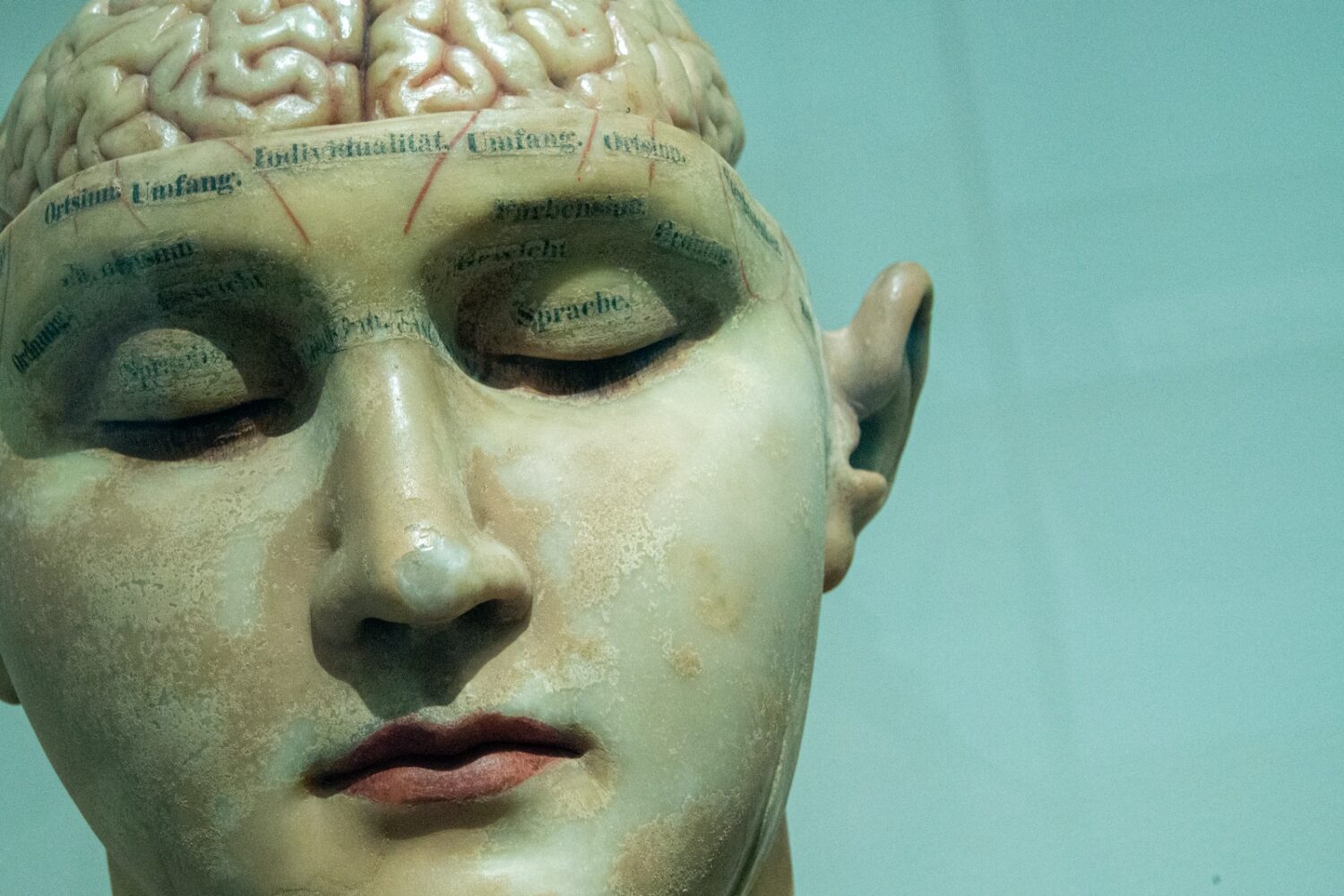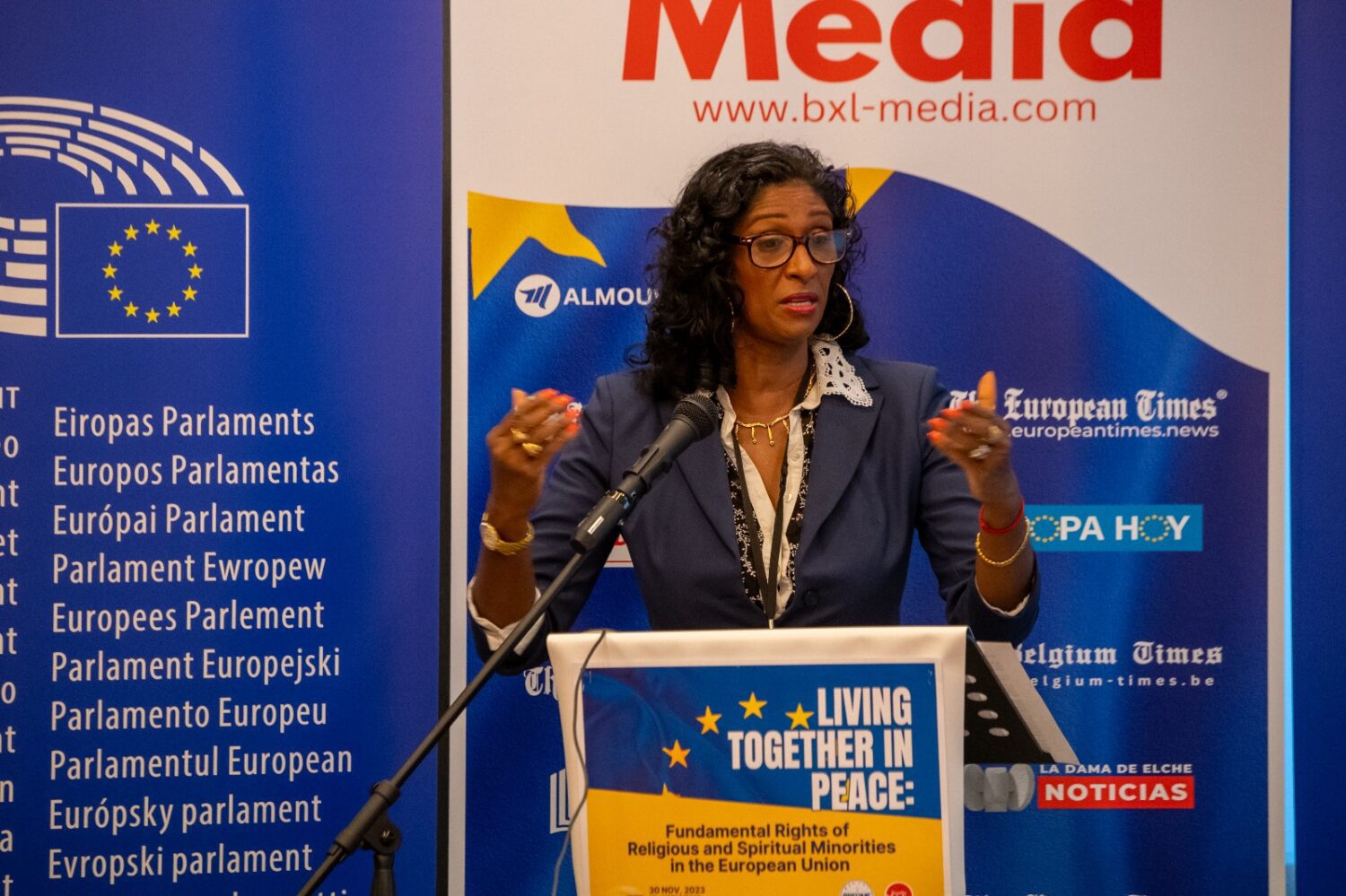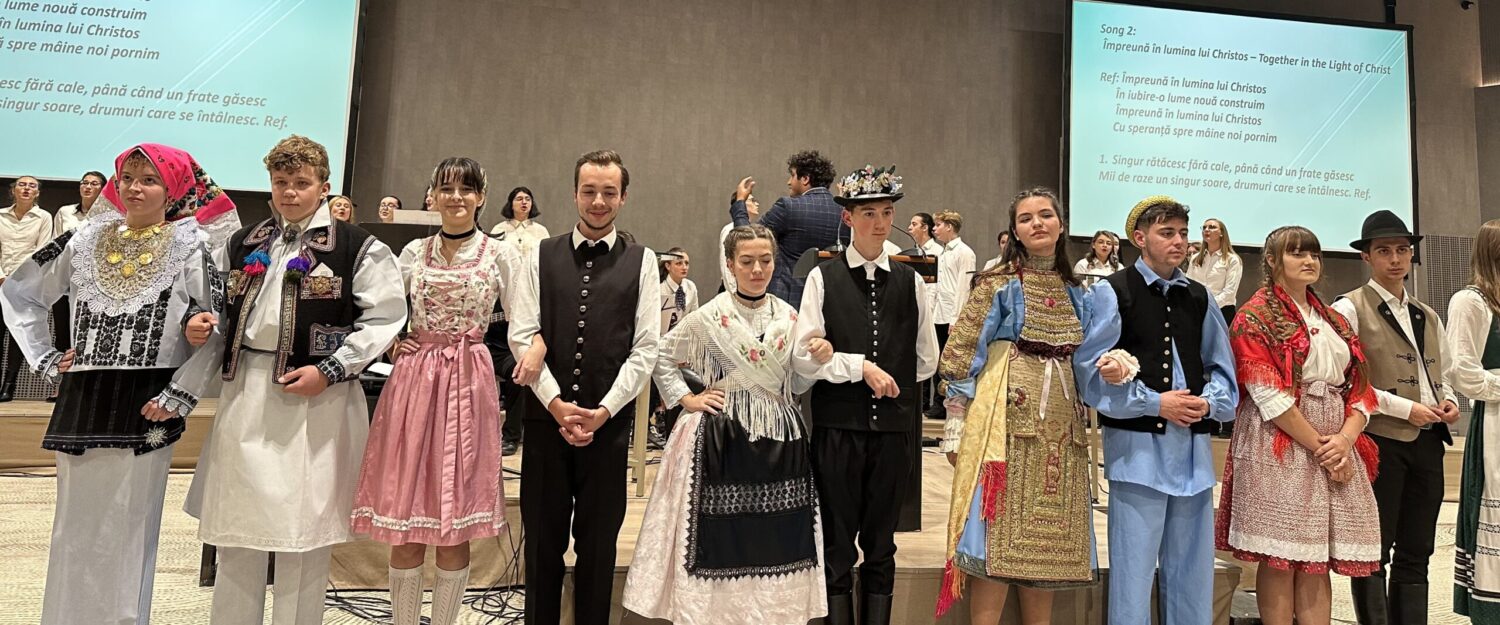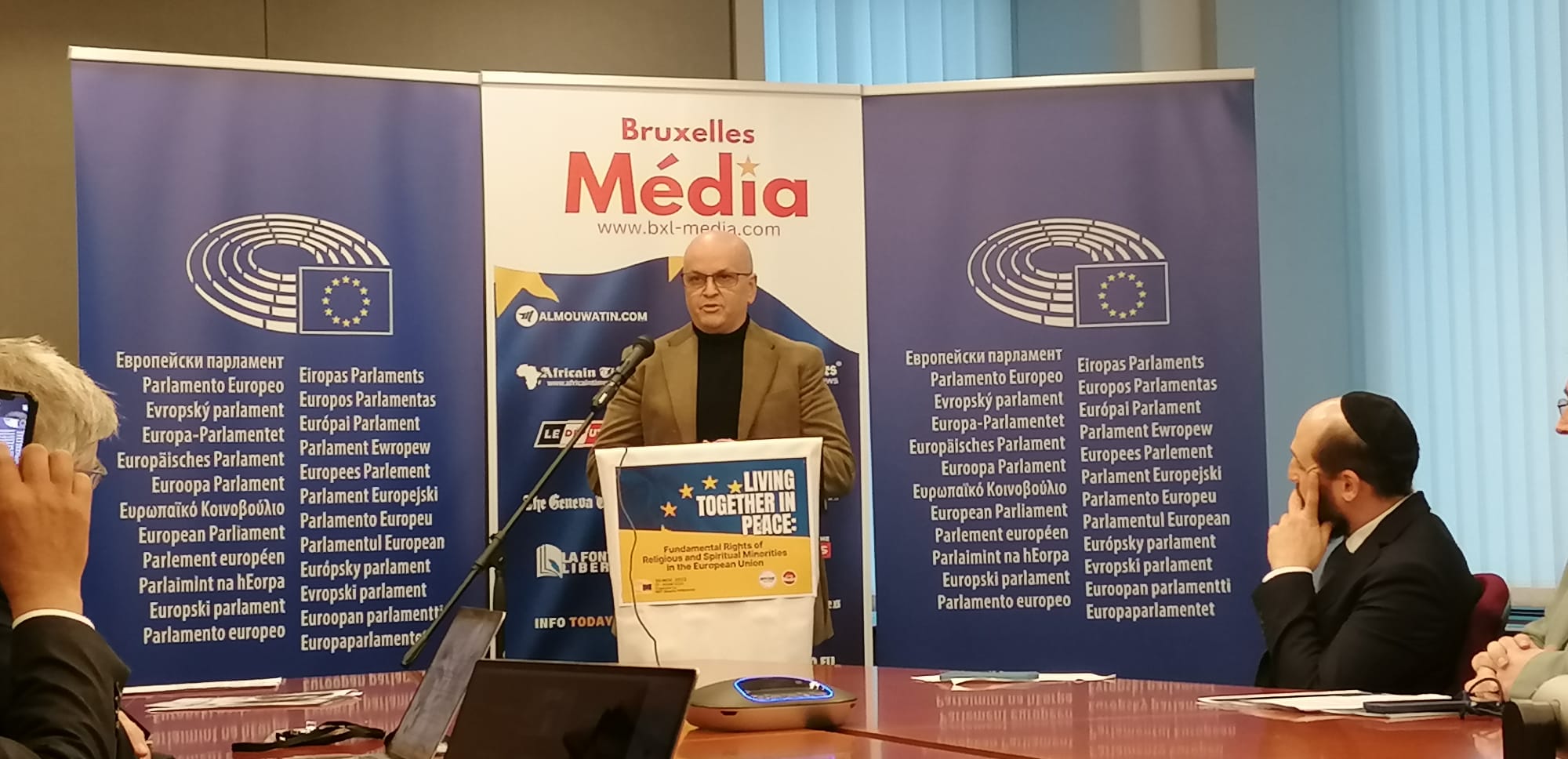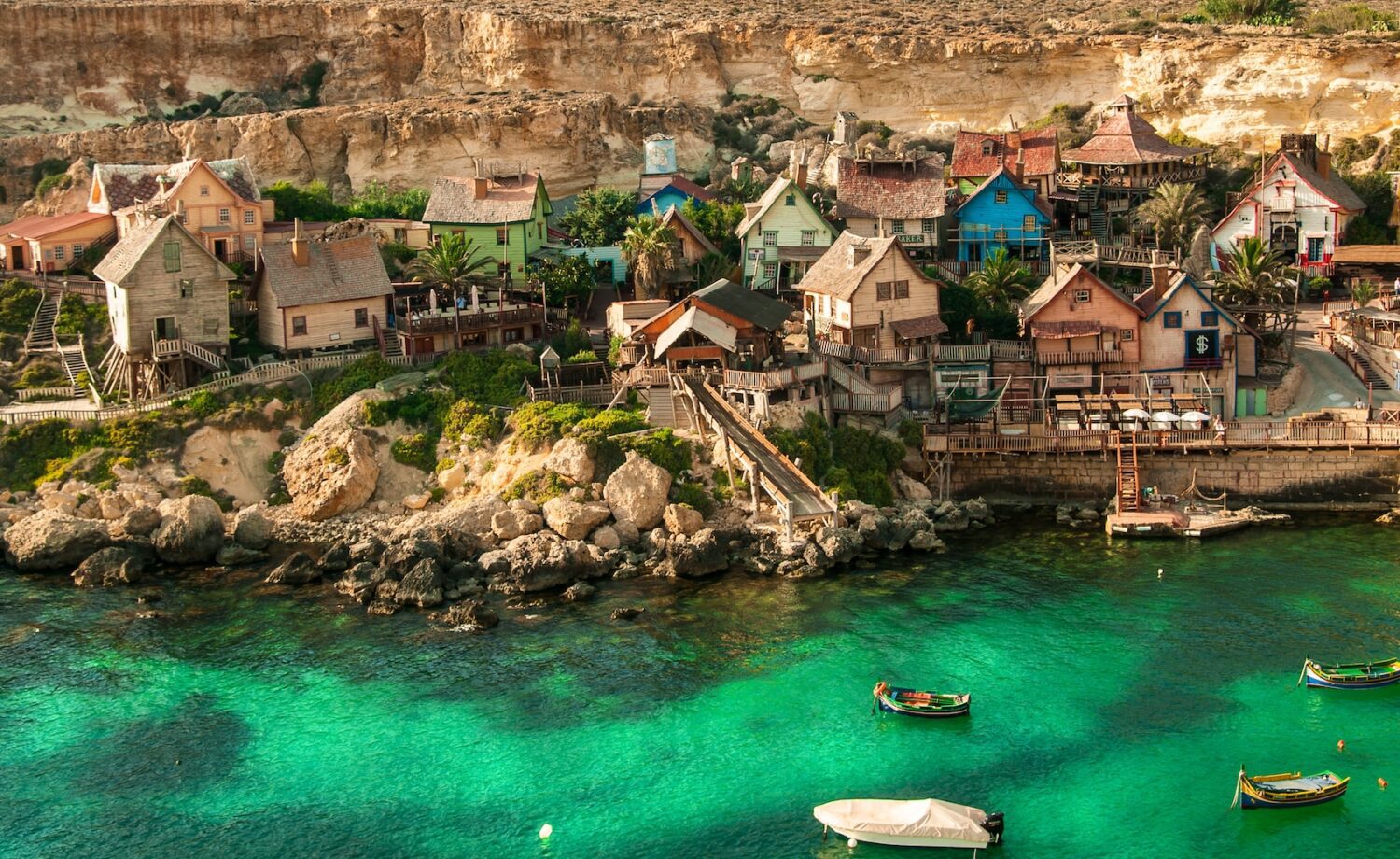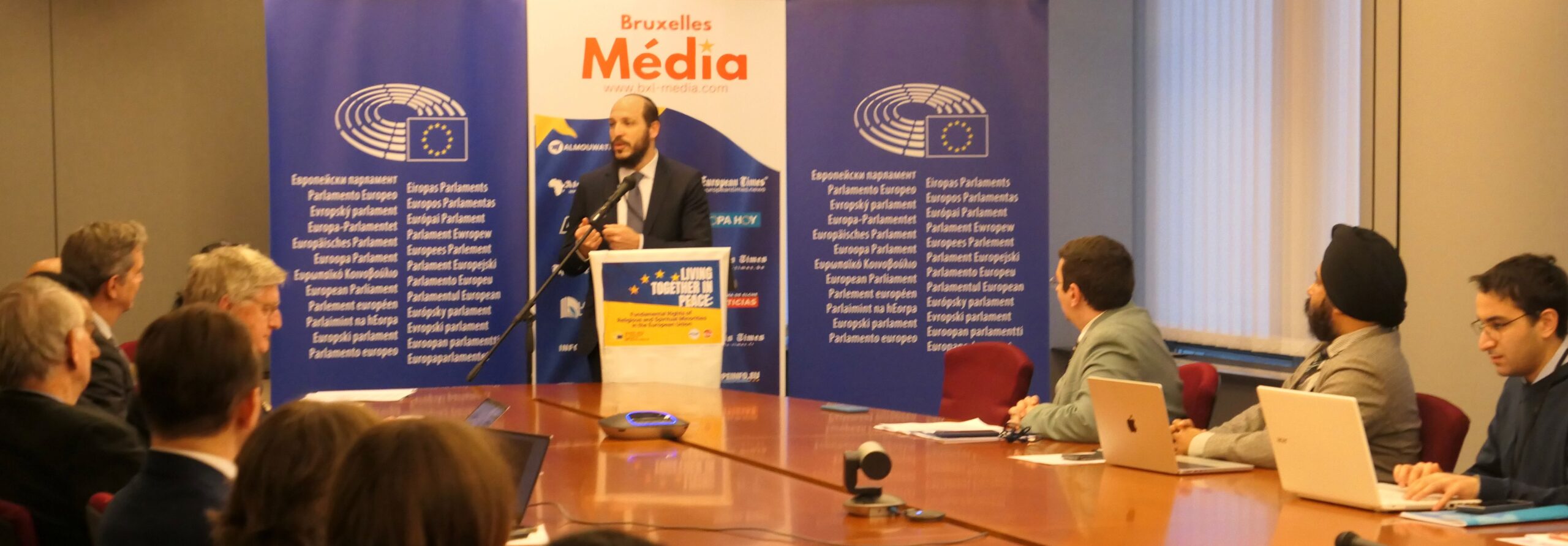It’s cold, Paris at this time of the year is a chilly 83 per cent humidity, and the temperature is a mere three degrees. Fortunately, my usual café au lait and toast with butter and jam allow me to put the computer on the table to get closer to a story that once again takes us into the devastating world of death and the medical establishment.
In a newspaper, on 22 September 2001, many years ago, I came across a small blurb, you know, those short news items that appear in column form and which are used by newspaper editors to fill the page, which read as follows:
Bleeding risk with new antidepressants:
A study published in the latest edition of the British Medical Journal says that new-generation antidepressant drugs that inhibit the reabsorption of serotonin in the brain increase the risk of gastrointestinal bleeding in older people. The research, carried out in several Canadian hospitals, found in particular that the chance of suffering from such a disorder is increased by 10 percent.
Although the research was carried out in a Canadian hospital, the reality is that in the last twenty years, the intake of antidepressants in the world’s population has been and continues to be alarming. The big pharmaceutical industries, aided by general practitioners, the media and psychiatrists, have implanted the idea that any emotional state that upsets us can be declared a “mental illness” and medicated with some glee with new generation antidepressants.
I myself was at the doctor’s in 2010 and the doctor who attended me, when I told her about my state of mind, of a certain apathy, because I had just gone through a process of deep mourning in which I was still immersed, without considering any other type of treatment, prescribed me antidepressants, which of course I did not take. However, every time I visit my doctor for any document related to any test, I am astonished to see that my medical records show me as a person suffering from depression. If I had decided to take medication at that time, today I would be a chronically ill person crammed with pills for my “depressive” treatment.
In November 2022, a geriatric portal published a report with a devastating headline: Cases of stroke will increase by 34% in the next decade in Europe. The Spanish Society of Neurology (SEN) pointed out that 12.2 million people in the world will suffer a stroke in 2022 and 6.5 million will die. It also stated that more than 110 million people who had suffered a stroke were in a situation of disability.
According to the association and others consulted, the possible causes of stroke include high blood pressure, smoking, physical inactivity, an unhealthy diet, obesity, excessive alcohol consumption, atrial fibrillation, high blood lipid levels, diabetes mellitus, genetics, stress, etc. It seems that living, in general, causes stroke. Once again, medicine lays a huge deck of cards on the table so that whatever card you are dealt, you have no choice but to medicate yourself. And especially for stress or tension, anxiolytics and antidepressants.
In my modest research on the relationship between old age and stroke, I have come across some truly terrifying articles that place all the blame, as justice would have it, of the ordeal on the elderly person (I am an elderly person myself). In an article published on 28 November this year (2023) and entitled: La depresión, un problema de salud pública entre la población mayor (Depression, a public health problem among the elderly). Among the frightening symptoms that can diagnose such a chronic illness, the following can be read:
Depression has become a public health problem that deserves special attention because of its effects on cognitive decline in older people. Its symptoms can vary and affect both the physical and emotional well-being of sufferers.
Common symptoms include loss of energy or constant fatigue, boredom, sadness or apathy, low self-esteem, nervousness, restlessness, delusions, unwarranted fear, feelings of worthlessness, mild cognitive impairment, unexplained or chronic pain and some behavioural disturbances.
Social factors that should in no case be treated with antidepressants. To label such problems as a case of public health is a disgrace that is being imposed in order to permanently medicate people who should only be helped to feel useful again. To claim that such people are “a burden” is to dispossess them of their fundamental rights, especially when they end up in nursing homes not for social and emotional reintegration, but only as “cattle” to be fed and stuffed with drugs until they die and are no longer a nuisance.
Over-medication is a risk factor, especially in people who are already grey-haired. Studies on what causes a certain disease, carried out in any university in the world or “accredited” body, do not necessarily, if ever, analyse who causes it. That is why whenever we are prescribed anything, we should not be tired of asking at all times, even to internet search engines to show us and clarify every last molecule of doubt we have. And if not, I recommend spending a few dollars (euros) to buy a book or two critical of the medical system. I always recommend, because of the author and his medical training, one of these two books: How to survive in an overmedicated world, or Medicines that kill and organised crime.
The global health care system wants us to be over-medicated. Medicine should only be used very occasionally. If we need to be constantly at the doctor’s, then something is wrong, let’s read the pills we take, the side effects they cause, and it may turn out that we are falling into a self-destructive spiral guided by the one-eyed leading the blind.
But as I always say, as I finish my already cold coffee, my articles, my observations, have nothing to do with the honest medical class that tries to bring us closer together so that our health becomes better and better and more stable. And in the same way, it is also convenient for us to be aware of the life we lead. Is it healthy? If it is not, let’s change it.
References:
Los casos de ictus aumentarán un 34% en la próxima década en Europa (geriatricarea.com)
La depresión, un problema de salud pública entre la población mayor (geriatricarea.com)
Diario La Razón, sábado, 22/IX/2021, pág. 35 (España)



